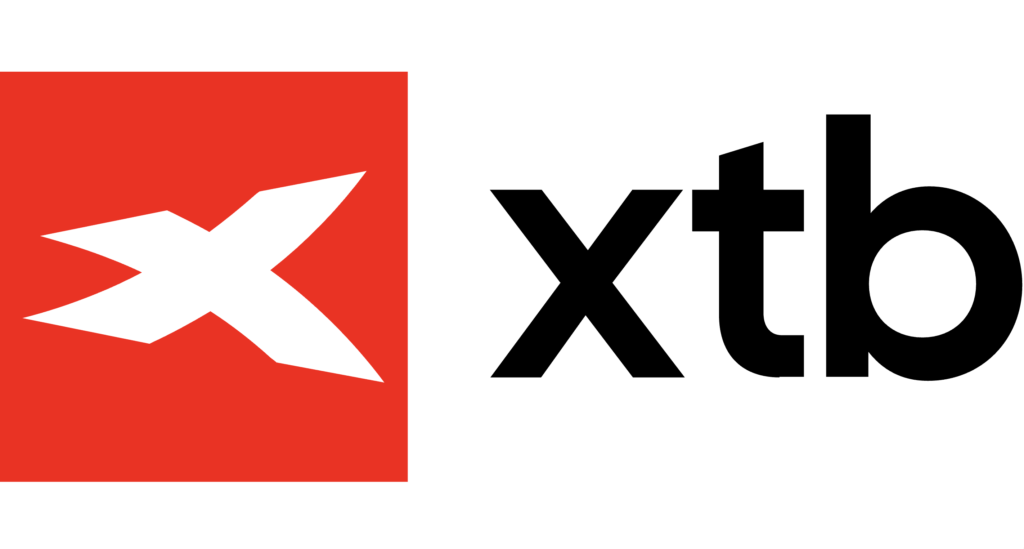Cryptocurrencies are created by private individuals and small businesses. Their name is derived from cryptography, the encryption principle on which the currencies are based.
The data is stored decentrally. On the one hand, this is the technical basis, and on the other hand, the prerequisite for dispensing with central bodies, as are necessary for other currencies.
How Did Cryptocurrencies Come about?
The idea for an exclusively digital currency already emerged in 1998 (for the history of cryptocurrencies), ten years later the first concept for Bitcoin was developed under the pseudonym Satoshi Nakamoto. In 2009, the Bitcoin network was launched and the first 50 Bitcoins were mined. At that time, a coin had a value of less than a cent, today it is several thousand francs.
Two years after the introduction of Bitcoin, Litecoin, a second cryptocurrency, was developed, followed by a few more in the years that followed. From 2015, the “hype” surrounding digital currencies began, and in 2018 there are already more than 1000.
Which Cryptocurrencies Play the Biggest Role?
Despite the enormous amount of cryptocurrencies, Bitcoin still holds the leading position. All cryptocurrencies that emerged on the market after and thus, so to speak, as an alternative to it, are called Altcoins. Their price has recently been developing relatively parallel to that of Bitcoin.
Even if all cryptocurrencies are based on the same principle, they differ greatly in some cases, and also in their importance. After the leader Bitcoin, Ethereum occupies second place in terms of importance and popularity. However, this currency is not purely digital in nature.
This is followed by Litecoin, which is very similar to Bitcoin, and Ripple, a kind of Bitcoin for banks. With Dash, another cryptocurrency of great relevance, particular emphasis is placed on data protection. More information on the five most important cryptocurrencies.
How is the Value of Cryptocurrencies Formed?
As with all tradable financial instruments, the relationship between supply and demand also determines the value of cryptocurrencies. Although these currencies themselves are intended to serve payment transactions, they must be converted into classic central bank money for valuation.
If a digital currency is placed on the market for the first time, it is in principle still worthless. Its value arises with demand, i.e. when someone wants to buy cryptocurrency. As a result, there are increases or decreases in value, depending on the relationship between demand and supply.
What Technology is behind Cryptocurrencies?
But how exactly do coins work? The basis for all cryptocurrencies is cryptography, i.e. the science of encrypting information. A central aspect today is the question of the security of information and thus the development of encryption systems. For example, certain information is only accessible with the help of a code.
Digital currencies are based on such cryptographic algorithms. The blockchain forms the technical basis. This is a continuously growing list of data records about transactions that together form blocks. Cryptography connects these blocks to chains, the so-called blockchains. New coins are mined using mining. New transactions are made and the blockchain is expanded by the blocks produced.
What Happens During Mining?
The coins are mined by computers solving special tasks. If you also want to participate in mining, you can either provide the computing capacities yourself in solo mining or join a community in the cheaper cloud mining. Here, a provider takes care of the mining process. Customers invest the desired amount and then receive income in the form of pro rata coins.
The computing tasks place high demands on hardware and software and mean immense electricity costs, which is why solo mining is also significantly more cost-intensive than in the group. Of particular importance is the speed at which the computing operations are carried out, the so-called hash rate. The higher it is, the more effective the mining.
How Secure are Blockchains?
The transactions in the individual blocks of the chain are always based on the transactions made previously. Thus, current transactions are always also proof of the previous ones and are conversely verified themselves via the transactions that took place in the past. Due to this structure, it is – so far – not possible to manipulate the transaction chains. A potential danger is the 51% attack.
The CoinPro.Ch Provider Test – the Best Options for Buying, Trading and Trading Cryptocurrencies
Provider
Result
Bitvavo, one of the leading exchanges from Europe (Netherlands) with a large selection of cryptocurrencies. PayPal deposit possible. For a limited time only: 10 Euro bonus when you sign up via CoinPro.ch
Trade many different cryptocurrencies without a wallet with our CFD broker test winner Plus500 - 7 days a week.
Regulated provider from Austria - specializing in trading Bitcoin, Ethereum, stocks and many other assets.
CFDs and real stocks in a trading platform with free deposits and no conditions - that's XTB.
OKX is one of the largest crypto exchanges in the world and combines numerous functions such as a wallet, staking, futures, margin, and spot trading in a single platform.
With several hundred thousand customers worldwide, Binance is one of the top 10 largest and most well-known exchanges. The use of the exchange is free of charge, with fees only applying to the purchase and exchange of cryptocurrencies.
CFDs are complex instruments and, due to leverage, involve a high risk of losing money quickly. Between 74-89% of retail investor accounts lose money when trading CFDs. You should consider whether you understand how CFDs work and whether you can afford to take the high risk of losing your money.
Further important information and tips on cryptocurrencies:
Understanding cryptocurrencies – trading with coins
Understanding important terms – cryptocurrencies simply explained
5 myths about cryptocoins






